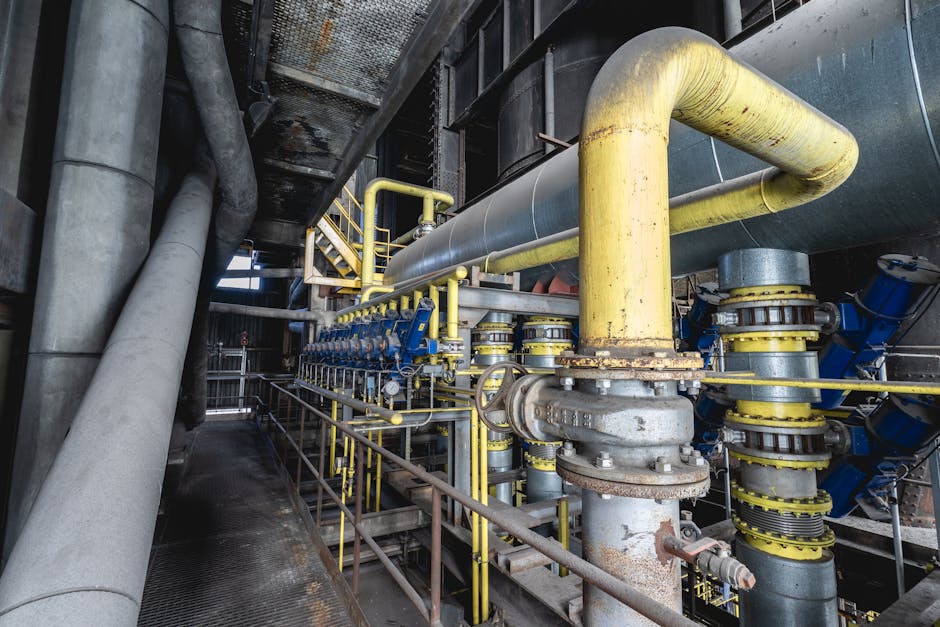

In today's fast-paced logistics and transportation industry, ensuring the safety and efficiency of trailer operations is more crucial than ever. The introduction of a trailer axle monitoring system has revolutionized how fleet managers and trailer owners approach trailer maintenance and safety. These systems are designed to provide real-time data on axle conditions, allowing for proactive measures to prevent potential failures.
Trailer axles endure significant stress and wear over time, especially under heavy loads and long-distance hauling. Without proper monitoring, issues such as overheating, misalignment, and wear can go unnoticed until they lead to costly repairs or dangerous on-road incidents. This is where a trailer axle monitoring system becomes essential. By continuously gathering and analyzing data, these systems alert operators to any anomalies that could compromise the trailer's integrity.
Furthermore, the integration of such technology not only enhances the safety of the trailer but also optimizes its performance. With predictive maintenance capabilities, operators can schedule repairs at the right time, minimizing downtime and maximizing productivity. **TrailerWatchdog** is at the forefront of this technological advancement, offering solutions that transform any trailer into a smart, connected unit.
Ensure your journey is safe and efficient. Tow with peace of mind, knowing that TrailerWatchdog is standing guard. Visit trailerwatchdog.com to explore our solutions.
Importance of Monitoring Axle Health

The health of a trailer's axle plays a crucial role in the overall safety and efficiency of transportation operations. Without a robust system to monitor axle conditions, the risks of undetected failure increase significantly. This can lead to catastrophic events on the road, posing dangers not only to the vehicle and its cargo but also to other road users.
A trailer axle monitoring system serves as a preventive measure, identifying issues before they escalate. By continuously tracking key parameters such as temperature and load distribution, these systems can detect signs of wear, imbalance, or overheating. Early detection allows for timely interventions, preventing accidents and reducing the cost associated with emergency repairs.
The importance of monitoring axle health extends beyond safety. It also contributes to optimizing the performance and lifespan of the trailer. Properly maintained axles reduce fuel consumption and enhance vehicle handling, providing a smoother and more economical drive. Additionally, well-maintained trailers are less likely to experience breakdowns, ensuring that deliveries are made on time and operational efficiency is maintained.
Incorporating axle monitoring into routine maintenance schedules supports compliance with safety regulations and standards. This proactive approach not only safeguards the trailer's structural integrity but also reinforces a company's commitment to safety and reliability in its operations.
Preventing Catastrophic Trailer Failures

Catastrophic trailer failures are not just a matter of inconvenience but can pose severe risks to life and property. These failures often occur without warning, leading to potential accidents and significant financial losses. Implementing a reliable trailer axle monitoring system is a strategic approach to mitigate these risks and safeguard both the trailer and its cargo.
Such systems are designed to provide real-time data on critical aspects of the trailer's axle health, such as temperature fluctuations and tire pressure. By continuously analyzing this data, the system can identify anomalies that are indicative of potential failures, such as overheating or imbalanced loads. Addressing these issues proactively can prevent them from evolving into more severe problems, thus avoiding costly repairs and downtime.
Moreover, these monitoring systems empower fleet operators with actionable insights, enabling them to make informed decisions about maintenance scheduling and load management. By maintaining optimal axle conditions, the chances of unexpected breakdowns are significantly reduced, ensuring the trailer operates at peak efficiency.
In addition to enhancing operational efficiency, preventing catastrophic failures through monitoring systems also reinforces a company's reputation. It demonstrates a commitment to safety and reliability, which is crucial for building trust with clients and partners. In an industry where dependability is paramount, deploying advanced monitoring technology is a prudent investment that pays dividends in safety and performance.
Enhancing Safety with Smart Technology

In today's fast-paced logistics and transportation industry, safety remains a top priority. The integration of smart technology into trailers represents a transformative leap in ensuring safety on the roads. A trailer axle monitoring system, an essential component of this smart technology, plays a pivotal role in this safety enhancement.
These sophisticated systems employ advanced sensors and algorithms to monitor the trailer's axle and tire conditions in real-time. By keeping constant tabs on critical parameters such as tire pressure, axle temperature, and load distribution, they provide timely alerts if any anomalies are detected. This real-time data allows drivers and fleet managers to address potential issues before they escalate into dangerous situations.
Protect your trailer
Furthermore, these systems can be integrated with a vehicle's onboard diagnostics, allowing for seamless communication between the trailer and the towing vehicle. This integration ensures that drivers are immediately informed of any issues, enabling quick decision-making that can prevent accidents. Enhanced data analytics also contribute to long-term safety by identifying patterns and suggesting preventive measures based on historical data.
The implementation of smart technology not only reduces the risk of accidents but also complies with stringent safety regulations. This proactive approach to safety can lead to lower insurance premiums and reduced liability, further incentivizing the adoption of such technologies. By embracing smart trailer solutions, companies are not only protecting their assets but also contributing to safer roads for everyone.
Optimizing Trailer Performance and Efficiency

In the competitive world of transportation, maximizing efficiency is key to maintaining an edge. A trailer axle monitoring system is instrumental in optimizing both performance and efficiency, ensuring trailers operate at their peak potential.
One of the primary ways these systems enhance performance is through precise load management. By continuously measuring the weight distribution across the trailer's axles, operators can ensure the load is balanced correctly. This not only minimizes wear and tear on the trailer but also improves fuel efficiency by reducing drag and resistance.
Moreover, real-time monitoring of axle temperatures and tire conditions allows for proactive maintenance strategies. Instead of relying on periodic checks, operators receive alerts when maintenance is needed, reducing downtime and extending the lifespan of the trailer components. This predictive maintenance approach ensures that trailers spend more time on the road and less time in the shop, translating into significant cost savings.
Additionally, the data gathered from these monitoring systems can be leveraged to optimize routes and schedules. By analyzing patterns and performance metrics, logistics managers can make informed decisions that reduce travel times and fuel consumption. This data-driven approach not only enhances operational efficiency but also contributes to a reduction in carbon emissions, aligning with sustainability goals.
Incorporating a trailer axle monitoring system is more than just a technological upgrade; it's a strategic move that boosts overall performance while enhancing operational efficiency. By leveraging these insights, companies can achieve a balance between performance, cost-effectiveness, and environmental responsibility.
Choosing the Right Monitoring System
When it comes to selecting a trailer axle monitoring system, several factors should be considered to ensure it meets your specific needs. The right system can vastly improve safety, efficiency, and the longevity of your trailers, making it a worthwhile investment.
Firstly, consider the compatibility of the monitoring system with your existing trailer fleet. A versatile system that can be easily integrated across various trailer models will save time and reduce installation costs. Look for systems that offer comprehensive data insights, including axle temperature, tire pressure, and load distribution, to provide a complete picture of trailer health.
Another crucial aspect is the user interface and ease of use. A system that provides intuitive controls and clear data visualization will help operators quickly interpret data and make informed decisions. Additionally, opting for a system with real-time alerts ensures that any potential issues are addressed promptly, preventing costly breakdowns.
Consider the reliability and reputation of the manufacturer. Choosing a system from a company with a proven track record in the industry often means better customer support and more robust technology. It's also beneficial to select monitoring systems that come with regular software updates, ensuring you always have access to the latest features and improvements.
Finally, evaluate the cost-effectiveness of the monitoring system. While initial costs may vary, the long-term savings from reduced maintenance and improved operational efficiency can be substantial. Weigh these against your budget to find a system that offers the best value.
Tow with peace of mind, knowing that TrailerWatchdog is standing guard. Investing in the right monitoring system not only safeguards your trailers but also enhances your overall transportation strategy, ensuring smoother and more efficient operations.




